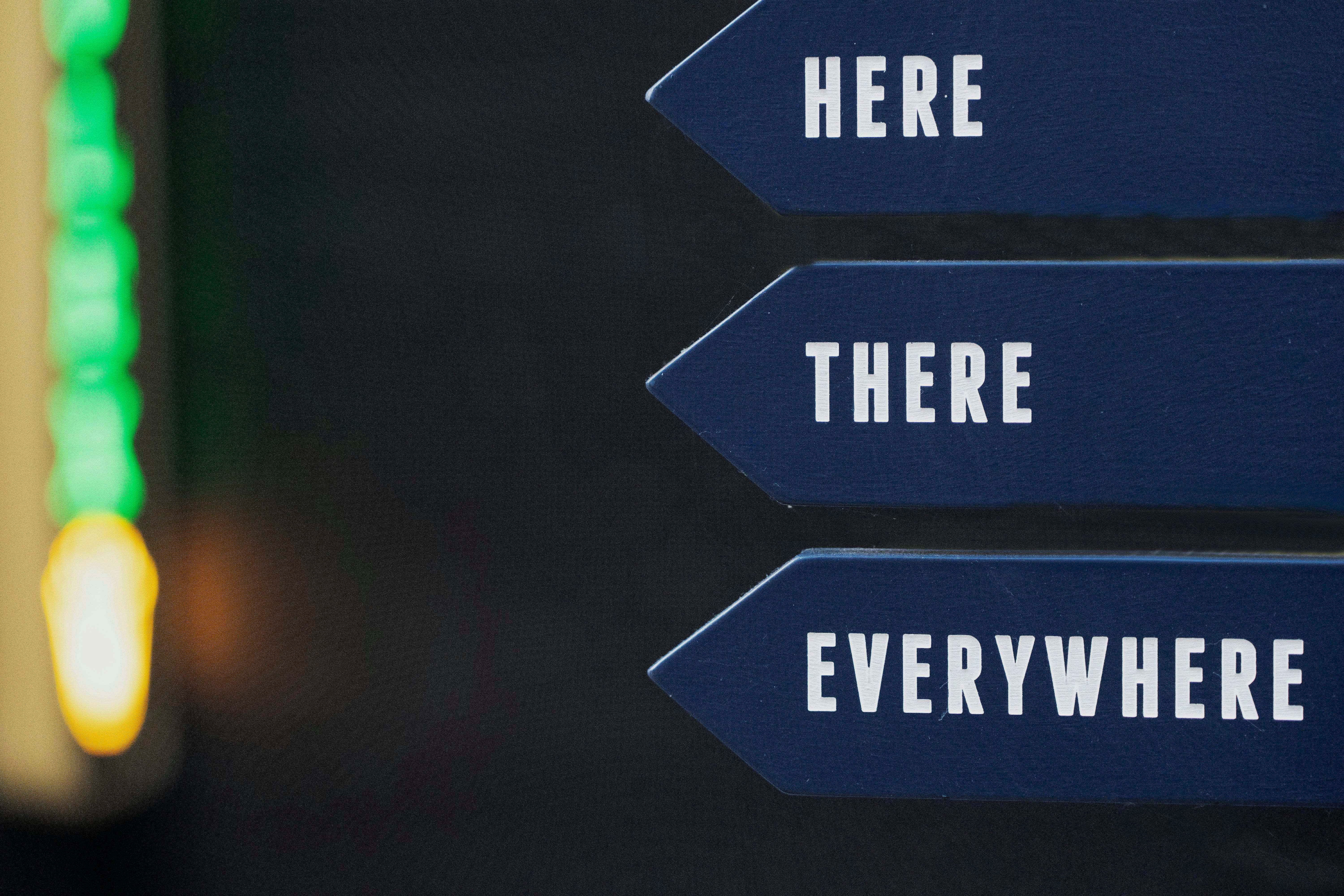Seven decades of simmering discontent in the life of Dimitri Roussopoulos
Montreal's Dimitri Roussopoulos, a militant activist with over seven decades of social engagement, opens his home to our team. His grey stone house, situated in the Milton Parc neighborhood close to Mount Royal, is shared with three roommates. Classical music plays softly on the radio, and the faint scent of incense lingers in the air.
Born and raised in Montreal, Dimitri, now 88, has been a force for antimilitarism, ecologism, cooperative movement, and municipal democracy. Self-proclaimed as a "libertarian," he remains active and hopeful, particularly engaging with the youth. His mornings are characterized by a state of anger, which he sees as a creative force for improvement rather than something to suppress.
In 1959, upon returning home from London due to Canadian Prime Minister John Diefenbaker's announcement of the construction of nuclear-equipped military bases, Dimitri initiated "Operation Saint-Jean-Baptiste." Students banded together, collected 1,000 signatures, and peacefully protested against nuclear power in Ottawa. Although the nuclear warheads could not be stopped, this event marked the beginning of a new pacifist movement in Canada.
Dimitri was also a crucial figure in the Milton Parc saga. In 1968, when Concordia Estates Limited planned a massive real estate project for the area, residents organized to save their homes. They managed to prevent much of the demolition and eventually turned the remaining buildings into housing cooperatives, ensuring affordable housing for the community.
Throughout the 1980s, Dimitri became increasingly involved in environmental issues. In 1992, he co-founded Ecosociété editions, and in 1994, he published "Political Ecology. Beyond Environmentalism," a book stressing the need to replace capitalism and the nation-state with a new system valuing humanity and nature. His work advocates for a citizen movement working from the bottom up to transform cities and prevent the speculation that threatens affordable housing.
Today, Dimitri continues to inspire through his "urban citizenship" project for the City of Montreal, which led to the adoption of the Montreal Charter of Rights and Responsibilities in 2005. Praised by UNESCO, this charter enables citizens to influence their municipality's policies between elections through petitions. Dimitri remains hopeful that today's indignation, particularly among the youth, has the potential to drive radical change, just like it did in the early 1960s when nuclear power posed a great danger.
- Dimitri's activism extends to various fields, including environmental science, as evidenced by his co-founding of Ecosociété editions in 1992 and his publication of "Political Ecology. Beyond Environmentalism" in 1994.
- In the realm of education and self-development, Dimitri's urban citizenship project for the City of Montreal, which led to the adoption of the Montreal Charter of Rights and Responsibilities in 2005, empowers citizens to participate in policy-making between elections.
- Dimitri's activism in politics is not limited to specific issues; he remains engaged with general news and sees the ongoing indignation among the youth, particularly regarding issues like affordable housing and climate change, as a potential catalyst for radical change, just as it was in the early 1960s with the antinuclear movement.




